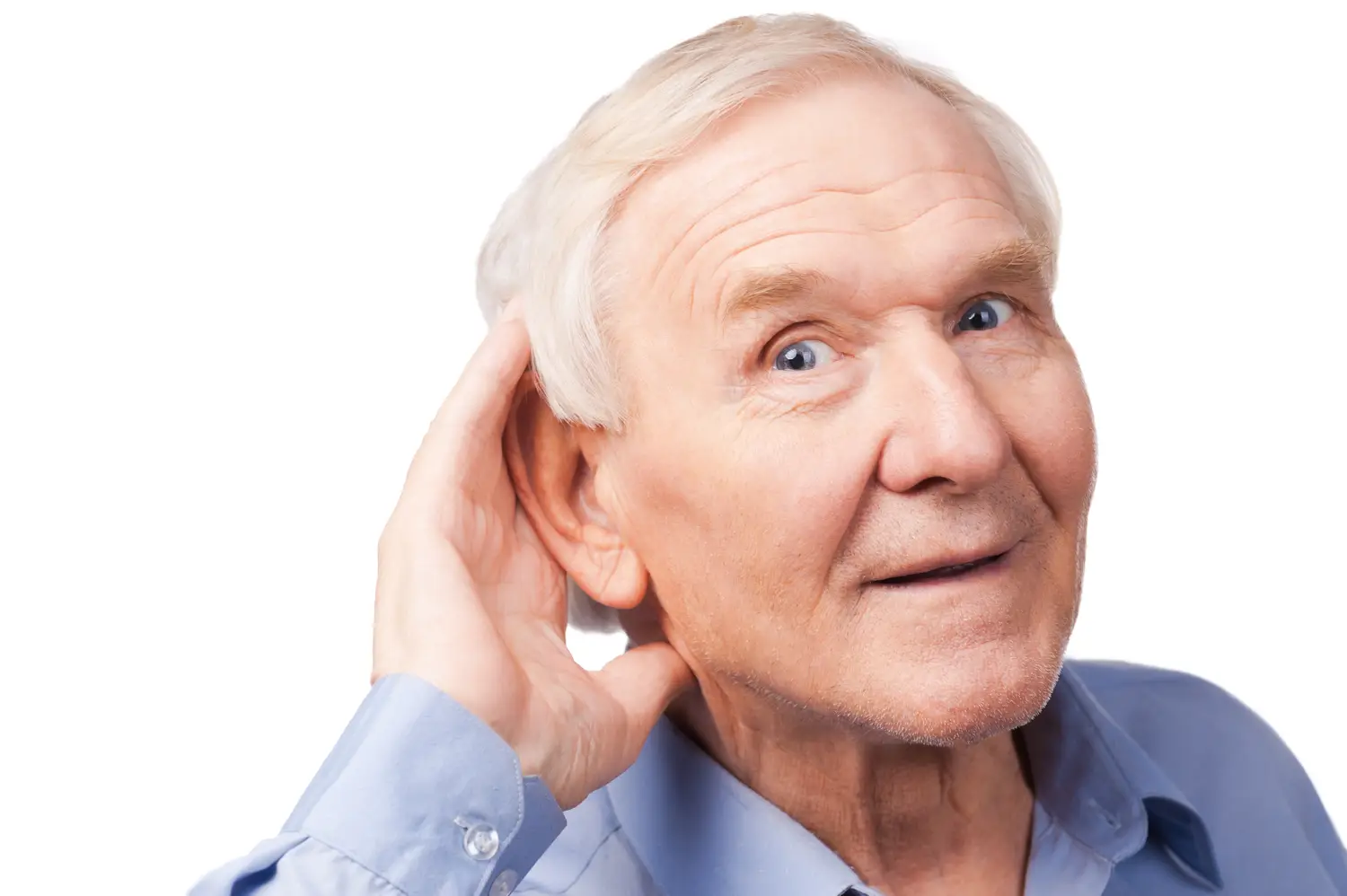Eye diseases like macular degeneration, diabetes related eye disease, or age-related changes in the retina, or at the back of the eyes that affects or reduces the visual information that reaches the brain can contribute to cognitive and memory problems, or even dementia. Additionally, people with diseases such as cardiovascular disease, type 2 diabetes, and chronic depression are twice as likely to develop cognitive issues, when experiencing visual problems.
The National Institute on Aging research suggests existing treatments for vision problems could have prevented 100,000 cases of dementia in the United States if some treatment had been received. Data from the University of Michigan Health and Retirement Study (HRS) was utilized that tracks changes in health and economic circumstances for more than 20,000 older adult volunteers.
Researchers noted about 1.8% of U.S. dementia cases were associated with visual impairment and projected by 2050, that number would rise to around 250,000 cases. The study also showed that incidence of vision impairment in older adults was higher for Hispanics, at 11%, compared to 8.3% on average overall for Blacks and non-Hispanic Whites.
Although I was aware of the research that suggests that older people with hearing loss are more likely to develop Alzheimer’s disease and dementia, I was unaware of the link between vision impairments and cognitive decline.
Whereas researchers suggest hearing loss causes cognitive decline by the brain getting overworked by trying to understand speech and sound, shrinking from lack of stimulation, or social isolation caused by less stimuli to the brain, vision impairment research adds another dimension to why some people develop cognitive decline and Alzheimer’s.
So what are the implications for us, as we get older? As with anything, it is really important that as we age, we try and stay on top of our health. Practicing preventative health care is probably one of the most important things you can do to stay healthy. This includes scheduling regular checkups with your healthcare provider/doctor. This also includes regular eye and dental exams at least yearly. Identifying and correcting vision and hearing problems is underutilized in the world, so it is important we communicate the reason and importance of these regular exams.
In addition to following up with our healthcare providers, it is also essential we take care of our bodies. That means eating healthy, drinking enough water, getting some form of exercise every day (even if it is walking around your block in your neighborhood), and keeping your mind active by continuing to learn, being curious, being optimistic, being reflective through prayer and meditation, and practicing gratitude for our blessings.
References:
- National Institute on Aging, Alzheimer’s.gov Highlights, Information on Living with Dementia
- https://assileye.com/blog/eyesight-problems-linked-to-dementia, Eyesight Problems Linked to Dementia: What That Means For You, Dr. Kerry Assil, 7/25/2022,
- https://www.oticon.com/your-hearing/hearing-health/cognitive-decline, Make the Connection between Hearing Loss and Dementia,


